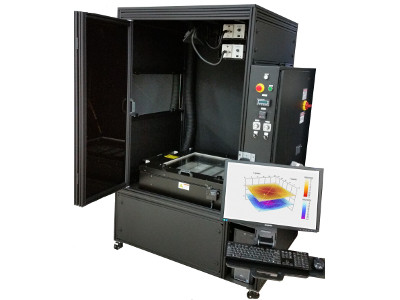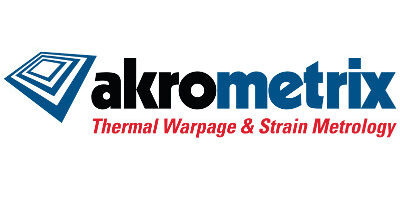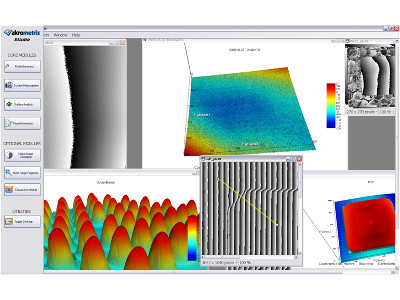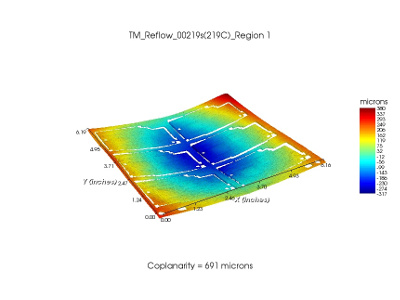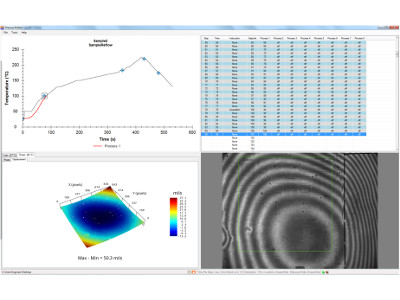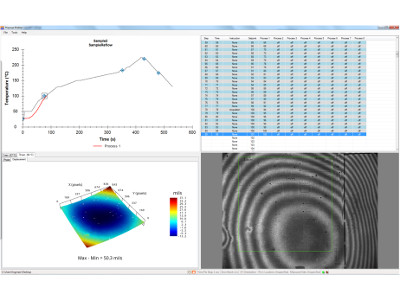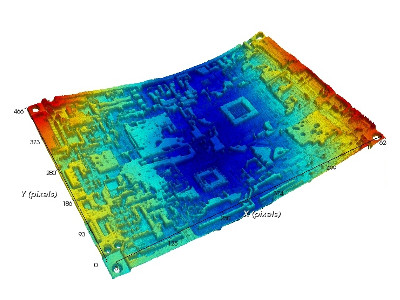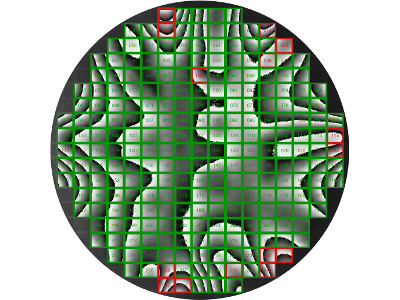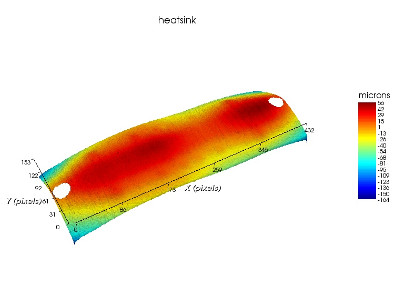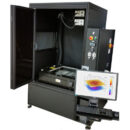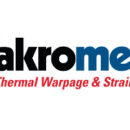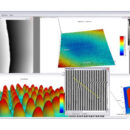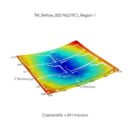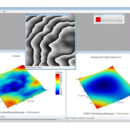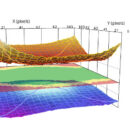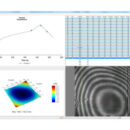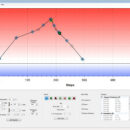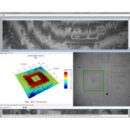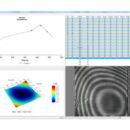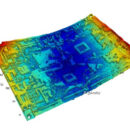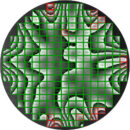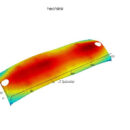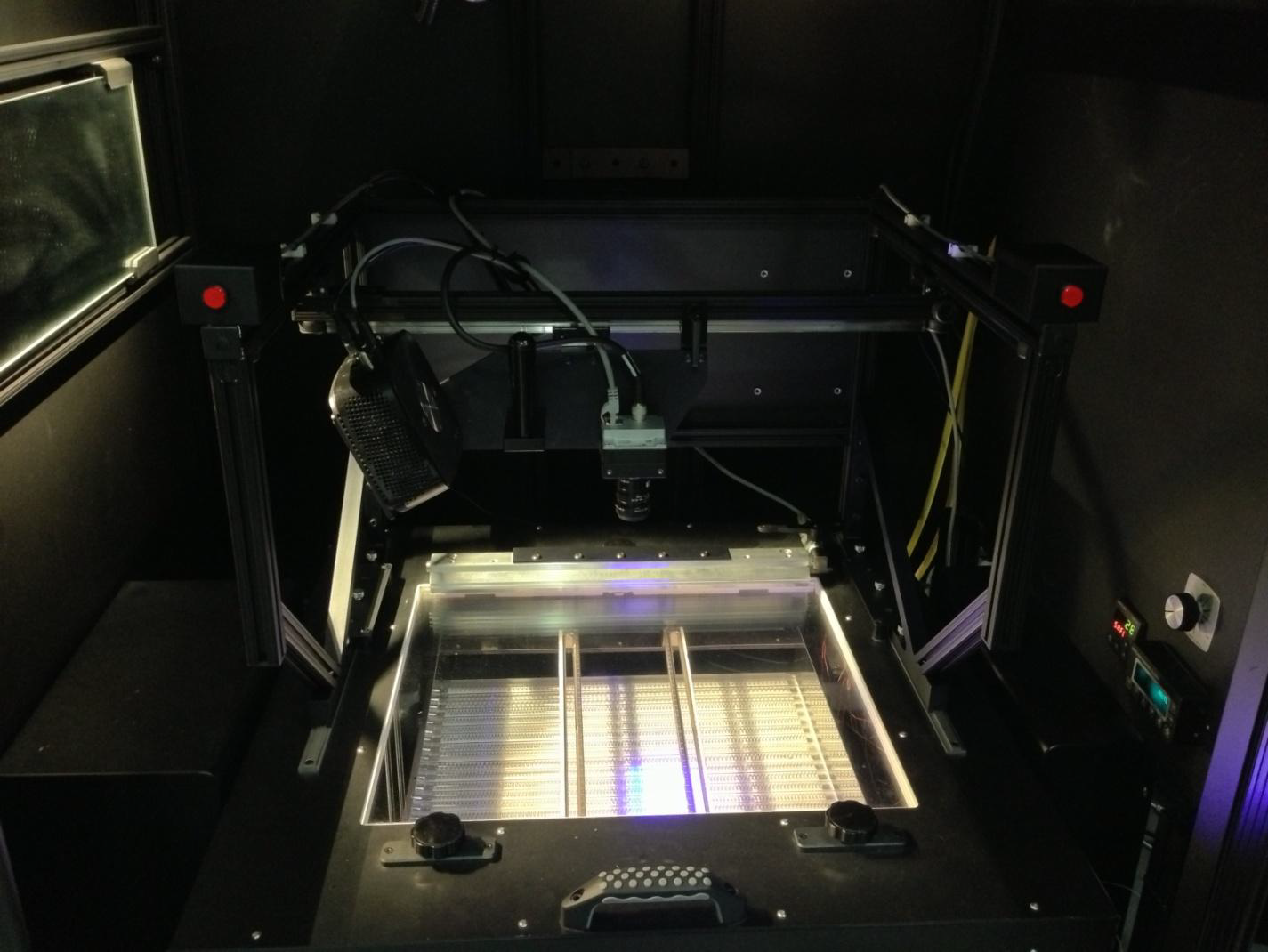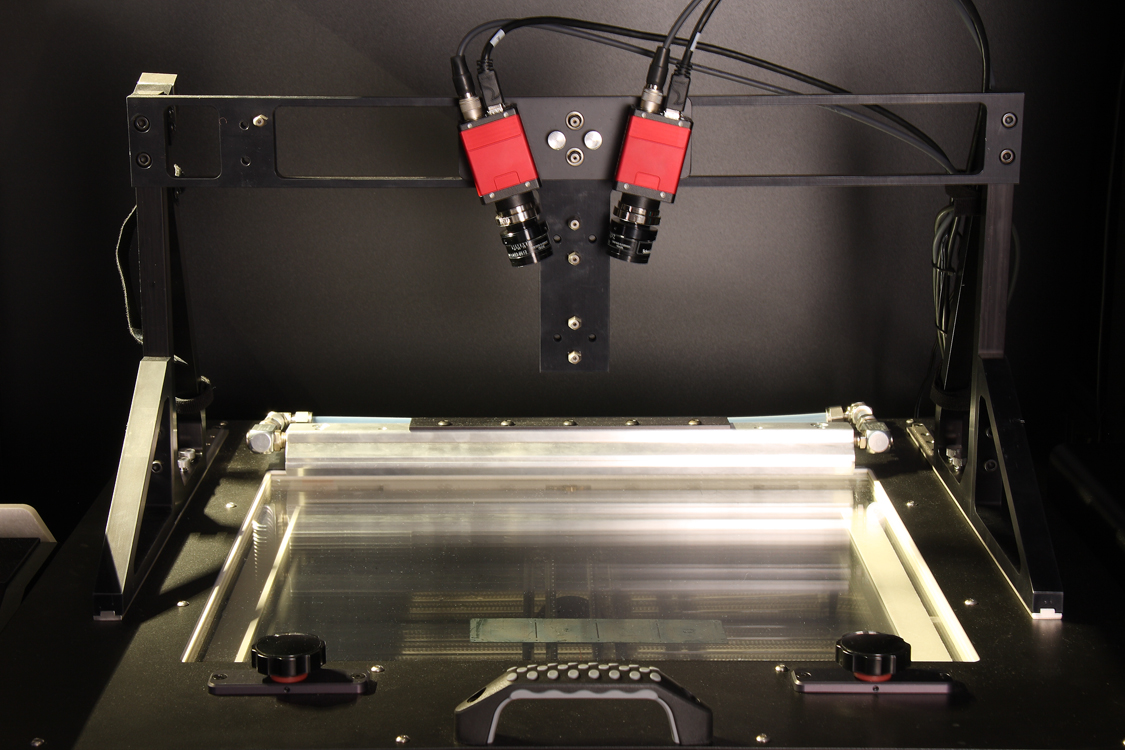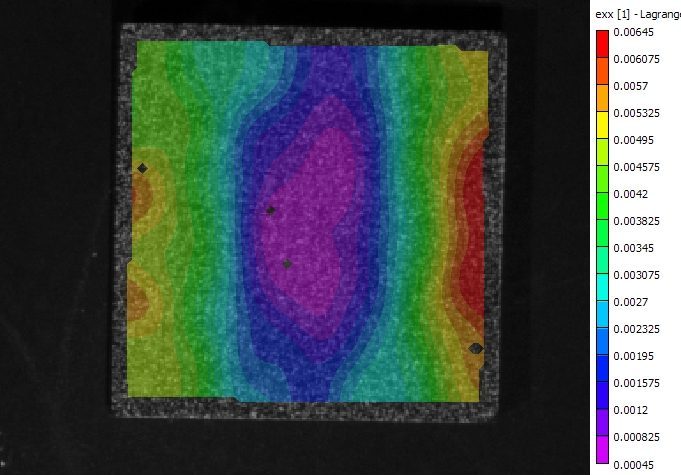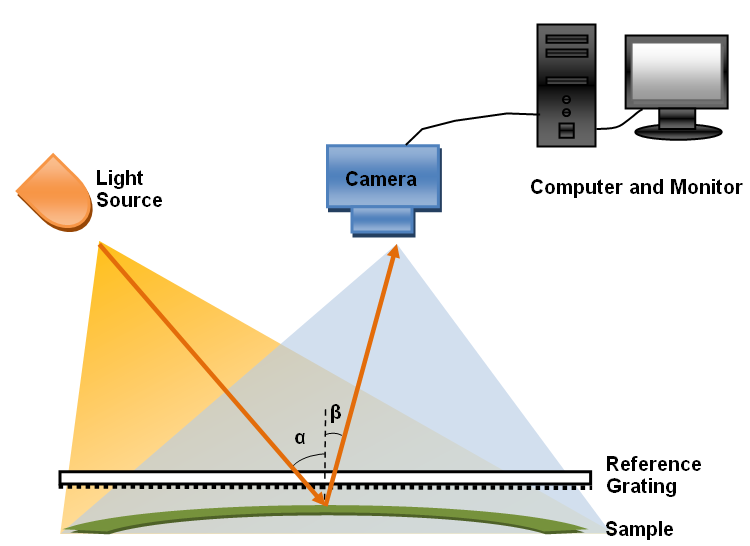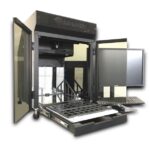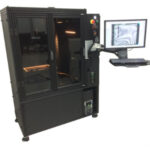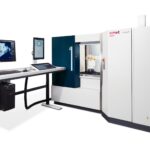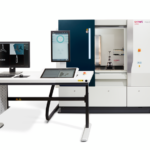The TherMoiré® PS600S is a metrology solution that utilizes the Shadow Moiré measurement technique combined with automated phase-stepping to characterize out-of-plane displacement for samples up to 600 mm x 600 mm. With time-temperature profiling capability, the TherMoiré® PS600S captures a complete history of a sample’s behaviour during a user-defined thermal excursion.
The combination of the Shadow Moiré technique and dynamic temperature profiling is the foundation of the patented TherMoiré® platform. Dynamic profiling is the most effective approach to analyse mechanical behaviour induced by real-world processes and operating environments. Using the TherMoiré® PS600S, engineers will gain a better understanding of the interactions of materials, packages, substrates and complete assemblies, allowing for a thorough analysis of the system, improving its reliability and operating performance.
The PS600S is designed to meet the requirements of OEMs, PCB fabricators and contract manufacturers who need large board/assembly characterization. With its 600 mm x 600 mm field of view, the PS600S is the largest temperature-dependent metrology tool available for the microelectronics industry.
